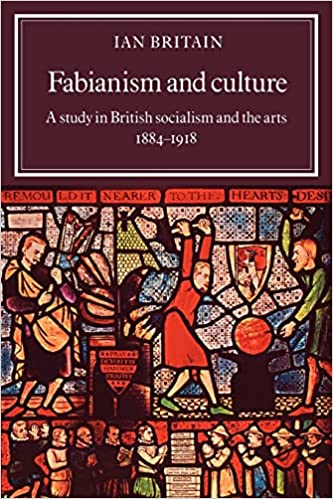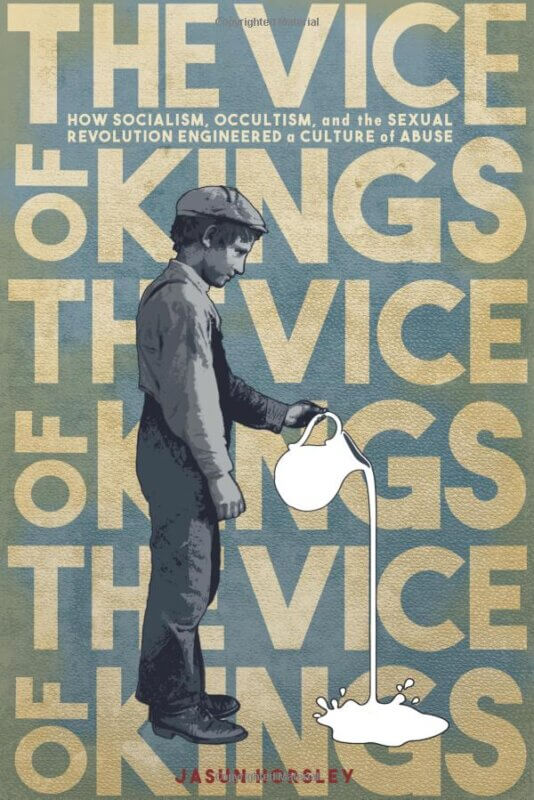
"Industrial Democracy" is a seminal work by Fabian Socialists Sidney and Beatrice Webb, published in 1897. The book introduces the concept of "industrial democracy" to the social sciences, examining the structure, function, and theory of trade unions and collective bargaining in the context of employer-employee relations. The authors argue that industrial democracy, achieved through the establishment and support of trade unions, can help create a fairer and more balanced relationship between employers and employees.
Key Themes:
Trade Unions and Collective Bargaining:
The Webbs explore the role of trade unions in promoting workers' rights and establishing a more equitable balance of power between employers and employees. They analyze the development and function of trade unions, as well as their potential to foster a more democratic work environment.
Imbalance of Power:
The authors discuss the inherent imbalance of power between employers and employees, highlighting the need for collective bargaining to protect workers' rights and interests.
Impact on the British Labour Movement:
"Industrial Democracy" had a profound impact on the British Labour movement, inspiring the growth of trade unions and the establishment of the Labour Party. The book's ideas and arguments played a significant role in shaping labor policies and advancing workers' rights in the United Kingdom.
International Influence:
The book was translated into multiple languages, including Russian, and it attracted the attention of notable figures such as Vladimir Lenin. Its influence extended beyond the United Kingdom, contributing to the development of labor movements and policies around the world.
Classical Liberal Critique:
However, from a classical liberal perspective, the concept of industrial democracy as presented in the book raises concerns that it departs from the American principles of liberty and individual rights. The emphasis on collective bargaining and the promotion of trade unions may inadvertently undermine individual rights, disrupt market forces, encourage bureaucratic expansion, and increase the potential for cronyism.
Erosion of Individual Rights:
In a system that prioritizes the collective, individual workers might lose the ability to negotiate their contracts, working conditions, and wages independently. This erosion of personal freedom stands in opposition to the classical liberal belief in the primacy of individual rights and liberties.
Restriction of Market Forces:
Industrial democracy might disrupt the free market's natural ability to regulate itself. By empowering trade unions to influence wages and working conditions, this system may interfere with the forces of supply and demand. Classical liberals argue that the most efficient and fair distribution of resources occurs when markets operate with minimal interference.
Bureaucratic Expansion:
The growth of trade unions and the promotion of industrial democracy may lead to an increase in bureaucracy. A more significant role for unions often necessitates more extensive regulation and oversight, leading to a more intrusive government presence in the lives of citizens. Classical liberals typically advocate for limited government intervention, emphasizing individual autonomy and the importance of self-regulation.
Potential for Cronyism:
The Webbs' proposal for increased trade union involvement may inadvertently encourage cronyism and corruption. As unions and employers negotiate, there is a risk that special interest groups will manipulate the system to serve their objectives, rather than prioritizing the welfare of individual workers. Classical liberals argue that minimizing interference in the market reduces the potential for cronyism and promotes fair competition.
In conclusion, Sidney and Beatrice Webb's "Industrial Democracy" is a crucial work in the history of labor relations, introducing the concept of industrial democracy and examining the role of trade unions and collective bargaining in addressing the imbalance of power between employers and employees. Its profound impact on the British Labour movement and its international influence make it an essential read for anyone interested in the history of workers' rights and labor movements. However, it is important to consider the classical liberal critique, which raises concerns about the potential erosion of individual rights, disruption of market forces, bureaucratic expansion, and cronyism. By understanding and considering these perspectives, readers can engage in a more nuanced analysis of the book's ideas and their implications for labor relations, while remaining mindful of the importance of preserving individual liberties and the principles of a free market.








